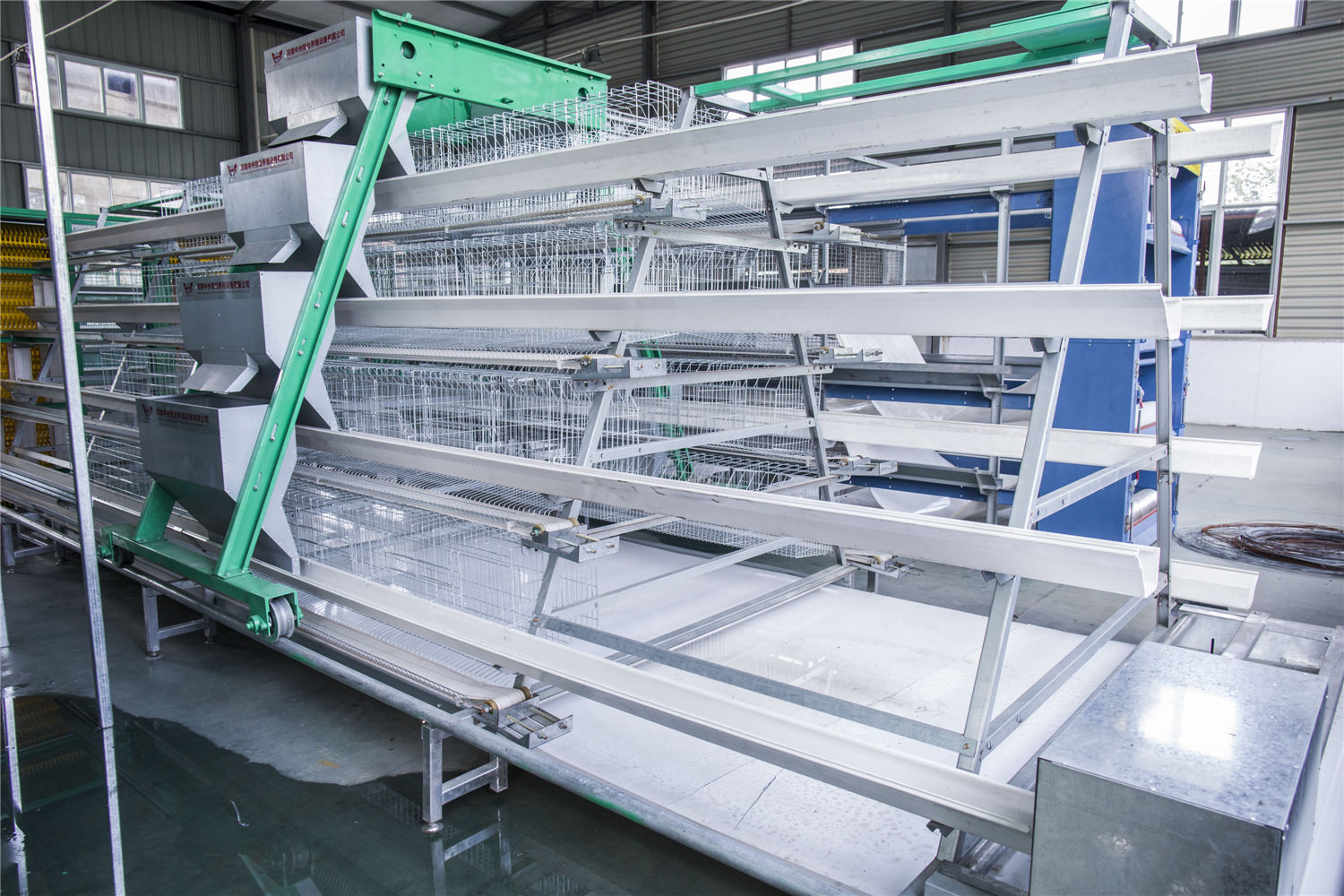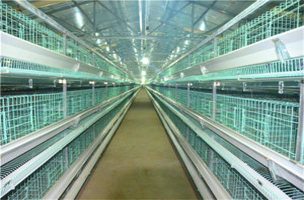Basic principles for efficient chicken raising
- Published in Poultry raising equipment
In order to obtain good benefits in the process of raising chickens and achieve efficient chicken raising, farmers must master modern and scientific chicken raising techniques. Only the growth and production characteristics of the flock, feeding points, feeding and epidemic prevention can be reasonably mastered, and the flocks can exert good growth and production performance, so that the farmers can obtain better benefits. In order to help the farmers to take less detours in the breeding, the following authors will introduce you to the basic principles and key points of efficient chicken raising.
1. Do a good job in the management of chicken houses: intensive, large-scale farmers should put the management of chicken houses and chicken cages in an important position. Regardless of the management of the house environment or the management of the flock, the management of the chicken farm staff should be taken seriously. The core issue of management is coordination. Only management is good, and execution is less problematic and no problem.
2. To be bio-safe: Only if the chickens are healthy can the chickens play their proper production performance, so the farmers must be healthy in the process of raising them. Anti-epidemic should be caught in place, strictly disinfected, effectively isolated, flies and rodents, all in and out.

3. To do a good job in chicken farm immunization: immunization should pay attention to Newcastle disease, flu, and spread the disease, and blastocyst is more suitable for hatchery immunization. The immune effect is by eye, nose and subcutaneous injection (the broiler considers the effect of oil seedling on the quality of chicken, does not advocate intramuscular injection), the spray is more reliable, and the drinking water immune loopholes and problems are still many, but many chicken farms are just accustomed to drinking water immunity.
4. Do a good job of brooding and humidification: humidification in the early stage of brooding is necessary. Use a sprayer or a mist spray to warm the water at a temperature of about 60 degrees (the temperature will not drop due to the spray).
5. Do a good job in employee training: Most chicken farms now rely on a lot of chicken raising equipment to control the environment of the chicken house and help to complete the chicken work, but if the staff is unfamiliar with the equipment, the operation is not standardized, or the operation is wrong or wrong. If it will seriously affect the control of the chicken house environment and normal feeding and feeding, farmers should overcome it by strengthening on-site training.
6. To do the broiler de-warming: For the users of broiler chickens, the whole process of broiler chicken temperature should be strictly enforced, from about 35 degrees on the 1st day to about 21 degrees on the 40th day, otherwise there will be no good. Growth rate and feed to meat ratio.
7. It is necessary to do a good job in raising chickens and environmental protection: environmental protection issues must be taken seriously. Waste water, smoke, feces, dead chickens, etc. must be handled in strict accordance with relevant state regulations. Violation of the law will cause operational risks in chicken farms.
8. It is necessary to do a good job of standard medicine: standardize medication, scientific use of medicine, use less medicine, eliminate drug residues, and implement food safety.

